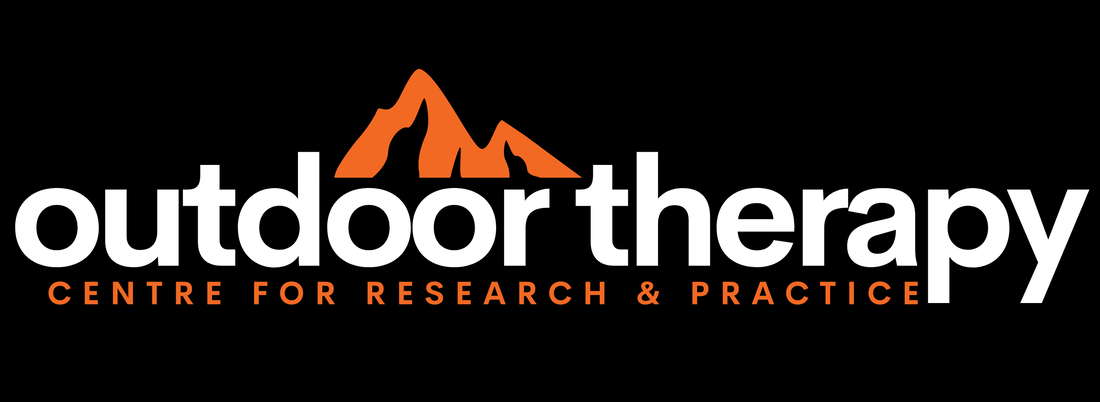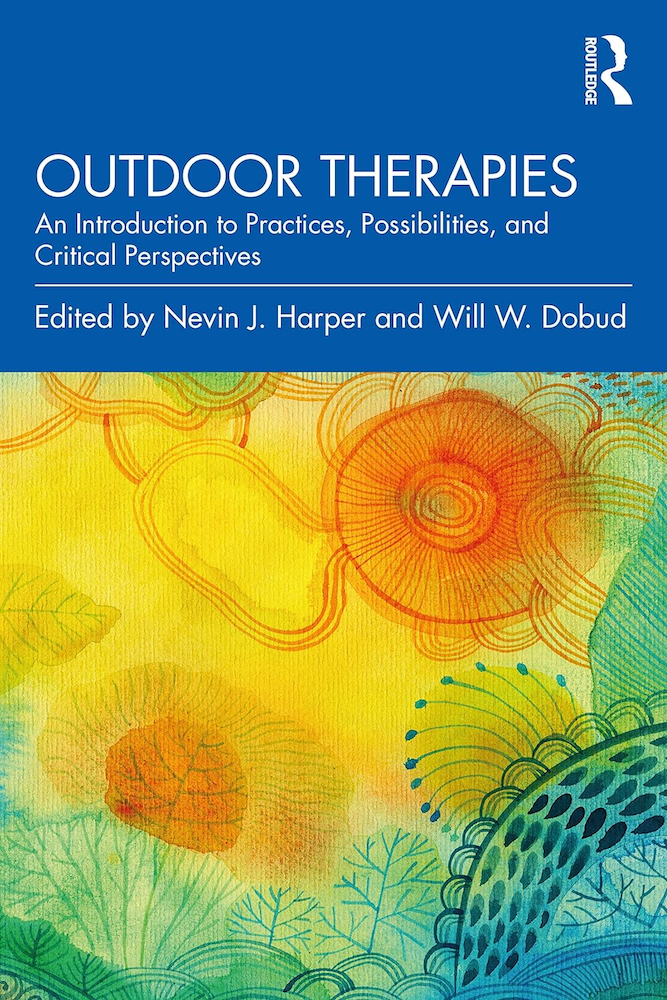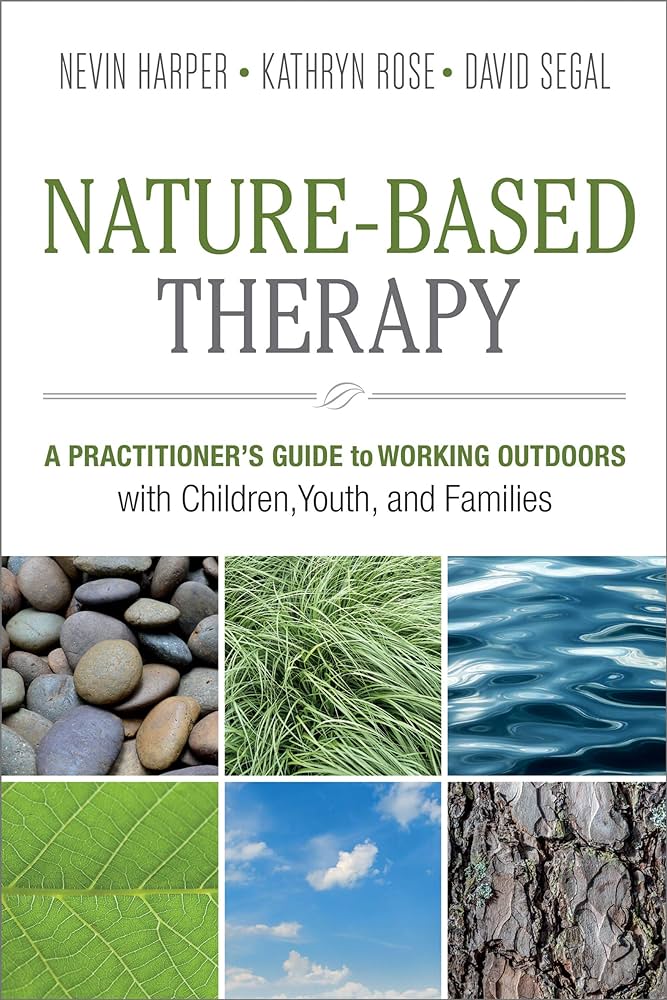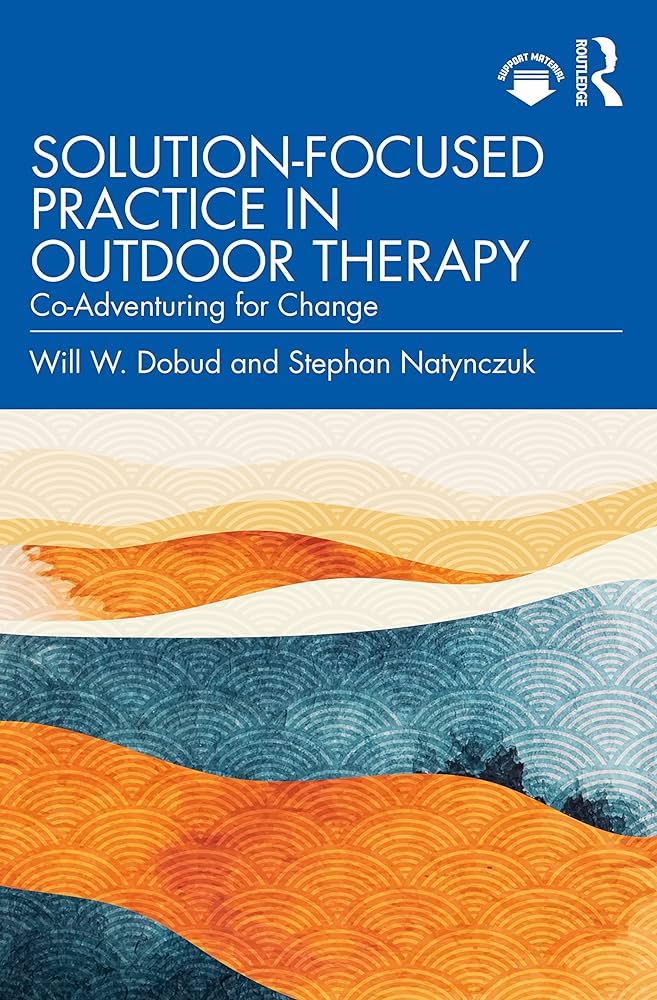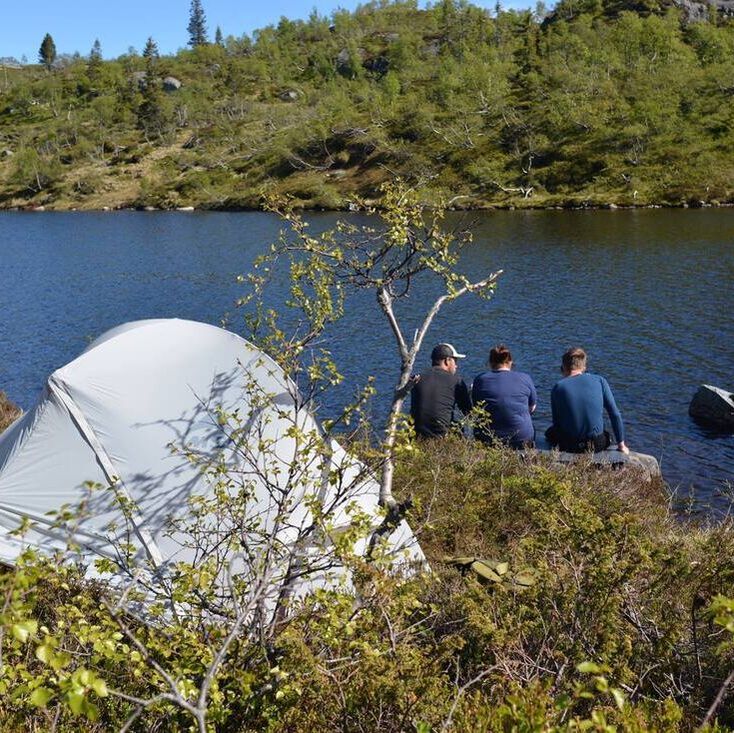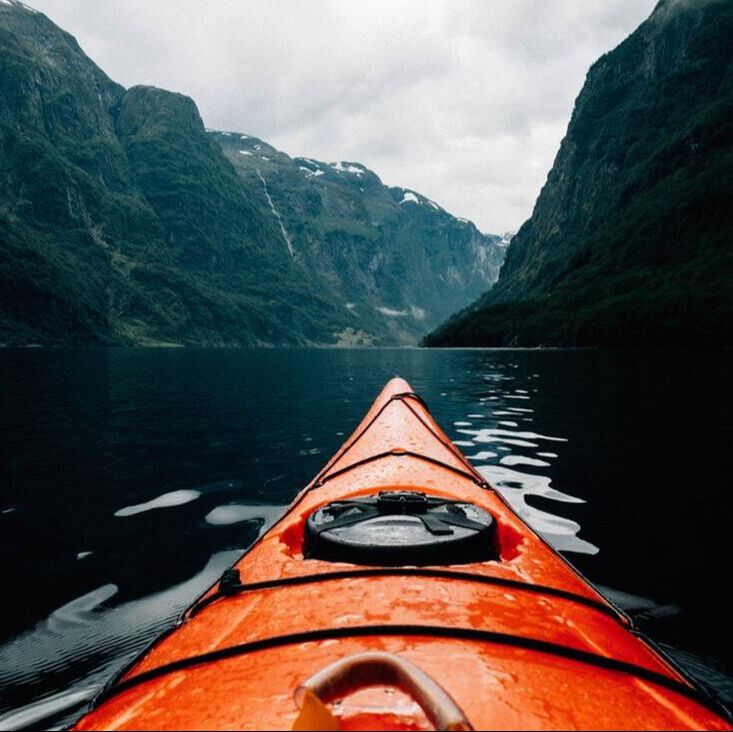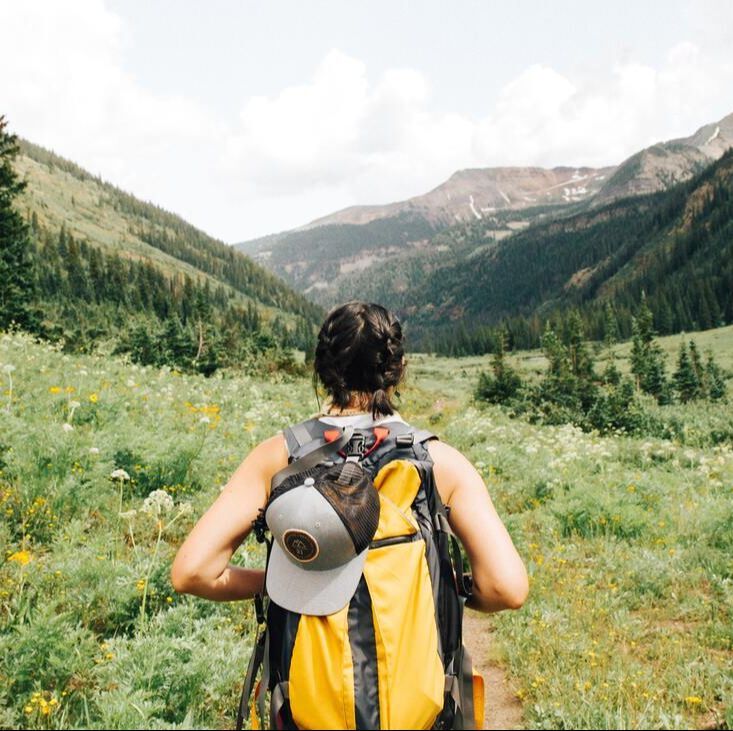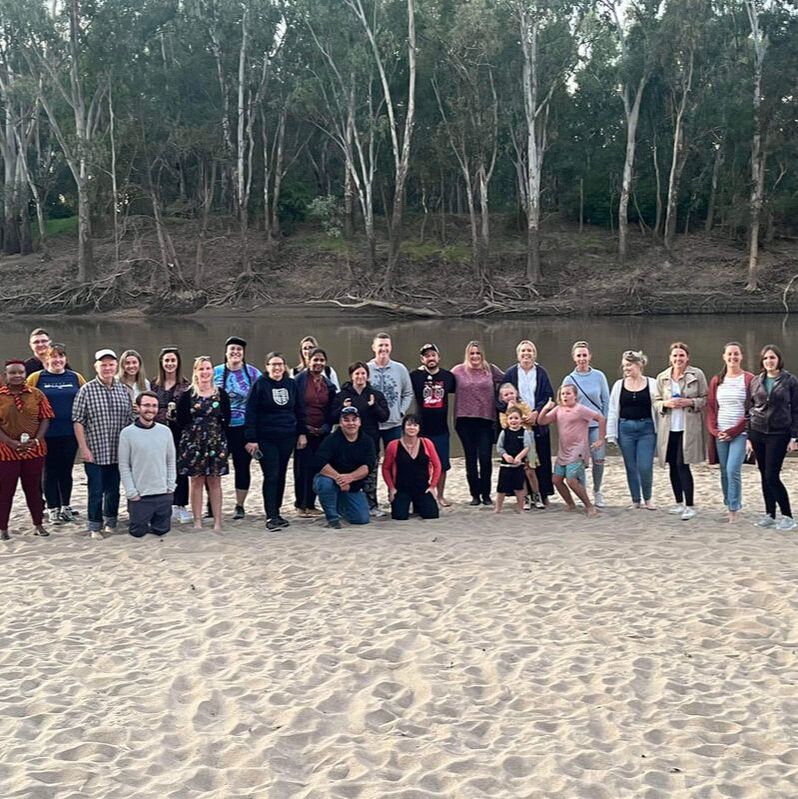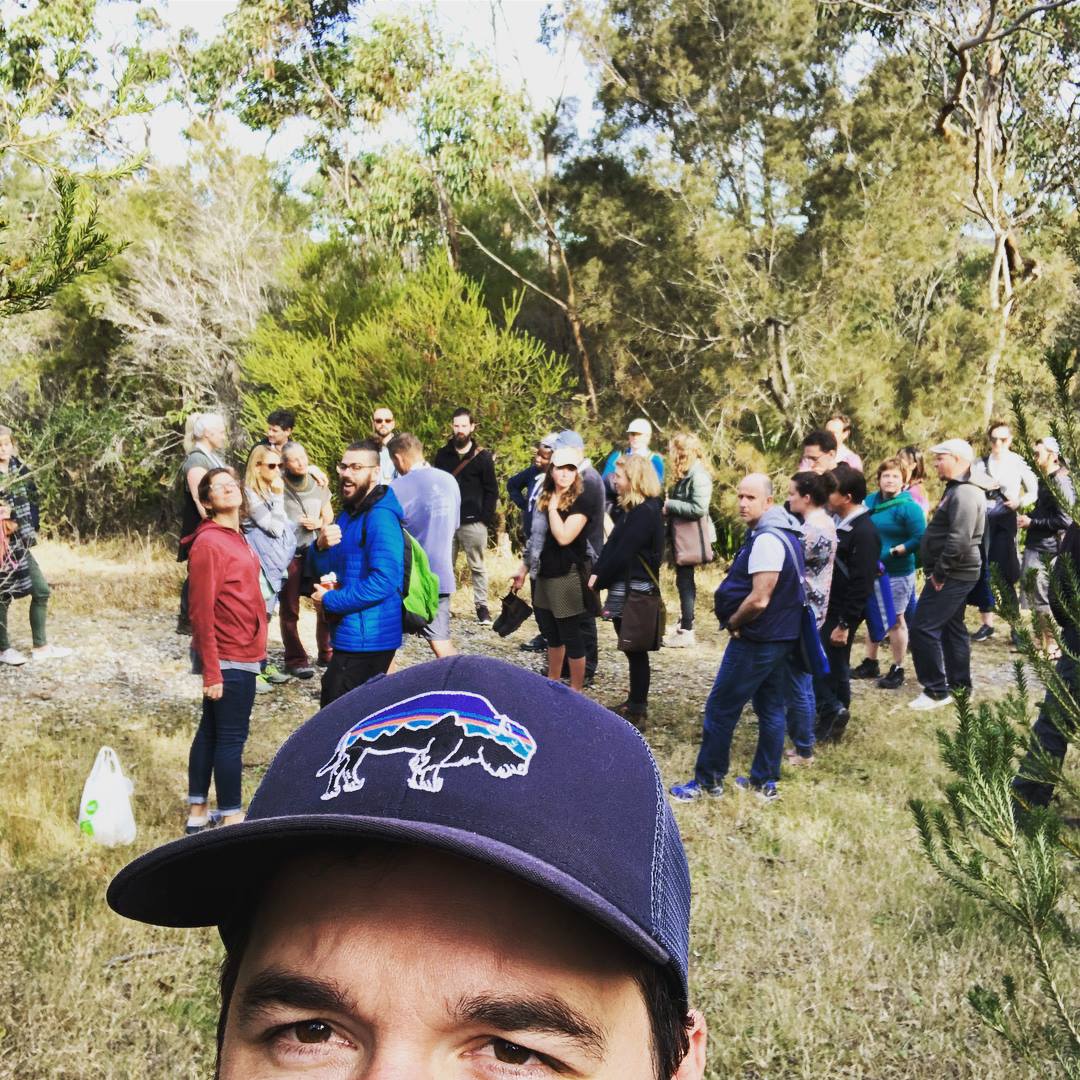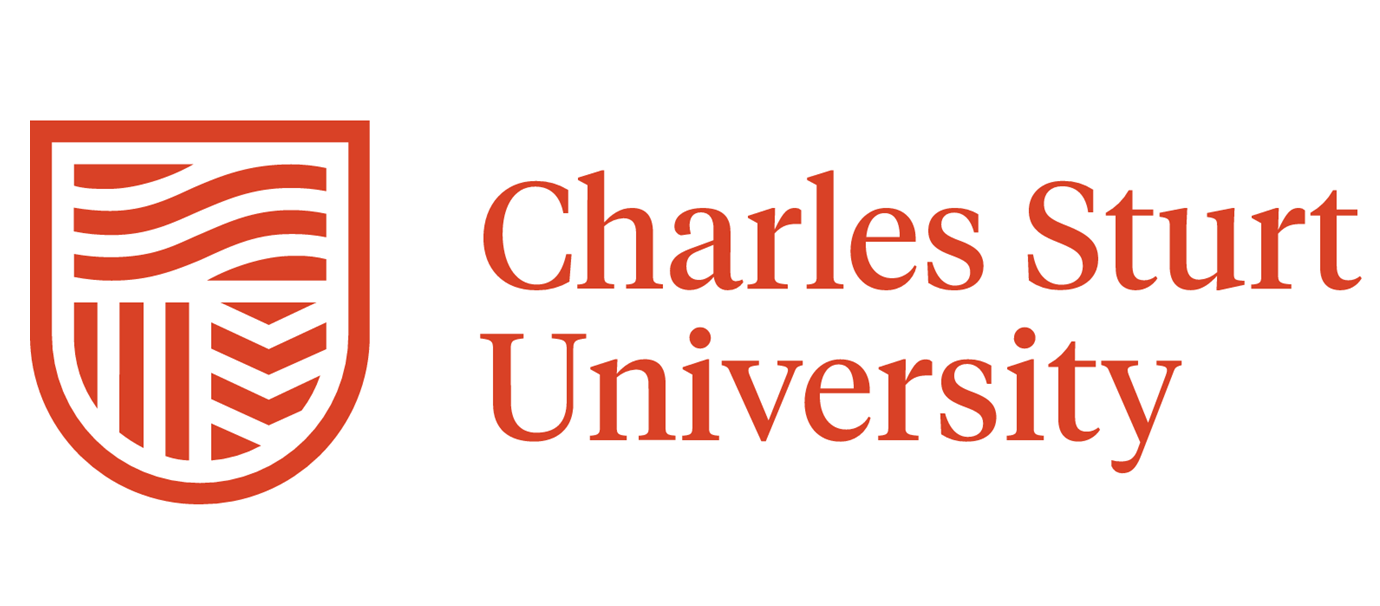Outdoor Therapies
The Outdoor Therapy Centre for Research and Practice established to engage with therapeutic approaches that share common practices, such as place-based learning, embodied experiences, therapeutic adventure, and nature-based stress reduction.
Our community is interested in revealing mental health practices that include nature and the outdoors as centre to the therapeutic process. This website is designed specifically for those interested in the field. We hope you find information about how outdoor therapies can bring the benefits of being outdoors into the counselling and therapy process.
As a community of practice, we invite all those who are interested to collaborate with us on research projects and offering accessible training or consultation for outdoor therapy providers internationally. To find out more, we hope you look into becoming a Friend of the Centre.
Our community is interested in revealing mental health practices that include nature and the outdoors as centre to the therapeutic process. This website is designed specifically for those interested in the field. We hope you find information about how outdoor therapies can bring the benefits of being outdoors into the counselling and therapy process.
As a community of practice, we invite all those who are interested to collaborate with us on research projects and offering accessible training or consultation for outdoor therapy providers internationally. To find out more, we hope you look into becoming a Friend of the Centre.
Books From Our Friends
Human Rights to Our Practice Framework
Our practice framework seeks to enhance human rights; specifically the Rights of the Child, of People with Disabilities, and the Universal Declaration of Human Rights. If you have feedback regarding our practices, please do get in touch.
Why Therapy Outdoors?
On the surface, outdoor therapies have stylistic differences from commonly practiced indoor approaches. Outdoor therapies also have a different neuropsychology; we know that being active in stimulus-rich natural environments can affect our brains and bodies differently than a sedentary and office-bound experience does.
Clients do not always find alignment between their needs and what is offered in therapy. In the case of young people, for example, half of the attempts at therapy fail. While we cannot explain this problem in its entirety and researchers have attempted to do so, we can say confidently that a range of alternatives to the classic therapy room exist - and they are effective. The Outdoor Therapy Centre for Research and Practice is made up of a group of practitioners and researchers advocating for outdoor approaches to counselling, therapy, social work, healing, wellness, and health promotion that positively contribute to psychosocial well-being, and physical, cognitive, and emotional functioning.
We reconceptualise therapy to suggest that we, as a species, are endowed with an innate longing to be connected to nature and are often, by design, healthier and happier when we have access to compatible natural settings. Active engagement of the body in natural environments can mediate the process of therapy and contribute to its health-promoting outcomes.
As a centre, we propose that the mindset for and setting of outdoor therapies comprise an ideal approach to health and well-being for many. This is a shift in practice for therapists that requires additional knowledge and a willingness to alter conventional practices.
No matter if you're interested in adventure, nature-based, surf, forest, equine or outdoor occupational therapy, we hope your engagement with the centre will encourage a new vision for counselling and therapy practice in the 21st century. For those new to the field, we hope practitioners will try these experiences for themselves and reflect on the opportunities afforded to those they serve.
Clients do not always find alignment between their needs and what is offered in therapy. In the case of young people, for example, half of the attempts at therapy fail. While we cannot explain this problem in its entirety and researchers have attempted to do so, we can say confidently that a range of alternatives to the classic therapy room exist - and they are effective. The Outdoor Therapy Centre for Research and Practice is made up of a group of practitioners and researchers advocating for outdoor approaches to counselling, therapy, social work, healing, wellness, and health promotion that positively contribute to psychosocial well-being, and physical, cognitive, and emotional functioning.
We reconceptualise therapy to suggest that we, as a species, are endowed with an innate longing to be connected to nature and are often, by design, healthier and happier when we have access to compatible natural settings. Active engagement of the body in natural environments can mediate the process of therapy and contribute to its health-promoting outcomes.
As a centre, we propose that the mindset for and setting of outdoor therapies comprise an ideal approach to health and well-being for many. This is a shift in practice for therapists that requires additional knowledge and a willingness to alter conventional practices.
No matter if you're interested in adventure, nature-based, surf, forest, equine or outdoor occupational therapy, we hope your engagement with the centre will encourage a new vision for counselling and therapy practice in the 21st century. For those new to the field, we hope practitioners will try these experiences for themselves and reflect on the opportunities afforded to those they serve.
Collaborating Organisations
|
Charles Sturt University is a university of the land and people of our regions. The university aims to develop holistic, far-sighted people who help their communities grow and flourish. The Wiradjuri phrase yindyamarra winhanganha was gifted to the school by elders which means the wisdom of respectfully knowing how to live well in a world worth living in. This phrase represents the people of Charles Sturt University and their ethos. It comes from traditional Indigenous Australian knowledge, but it also speaks to the mission of universities – to develop and spread wisdom to make the world a better place.
|
Washington State University's social work program seeks individuals who are interested in tackling complex social problems, building skills to help individuals, families and communities, and who are committed to becoming social change agents. The program emphasises social justice and supports students to develop a critical lens on human behaviour and social systems.
|
Acknowledgement of County
This website was produced on Kaurna Country. We acknowledge the Traditional Owners of this land and would also like to pay our respects to Kaurna Elders past and present, as well as any First Nations peoples engaged with this website.
